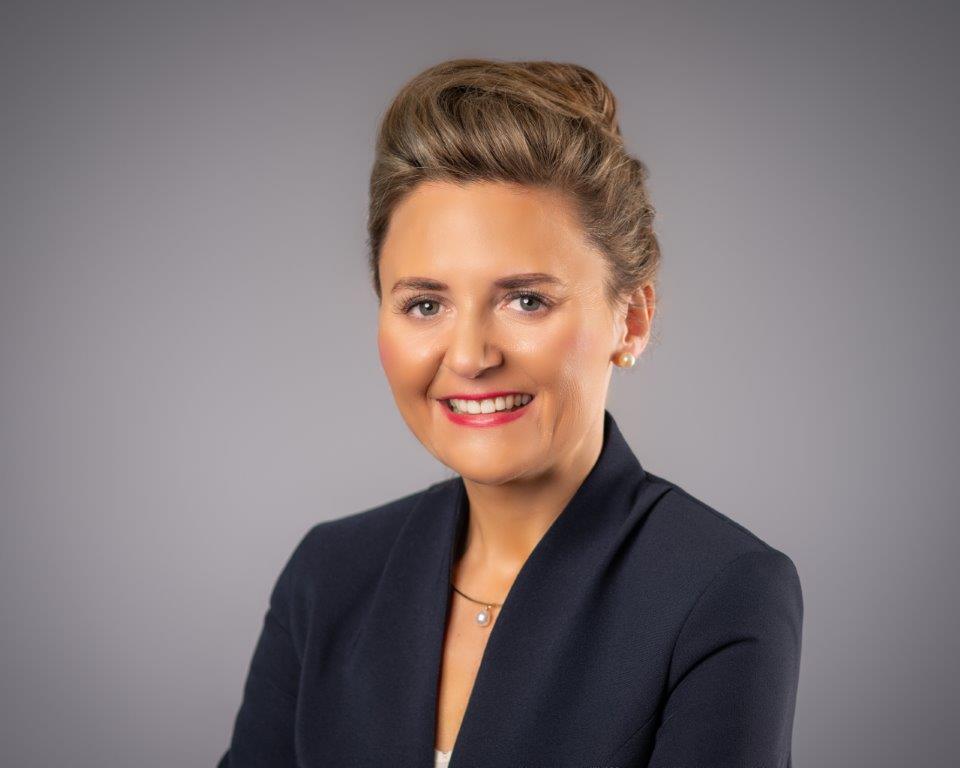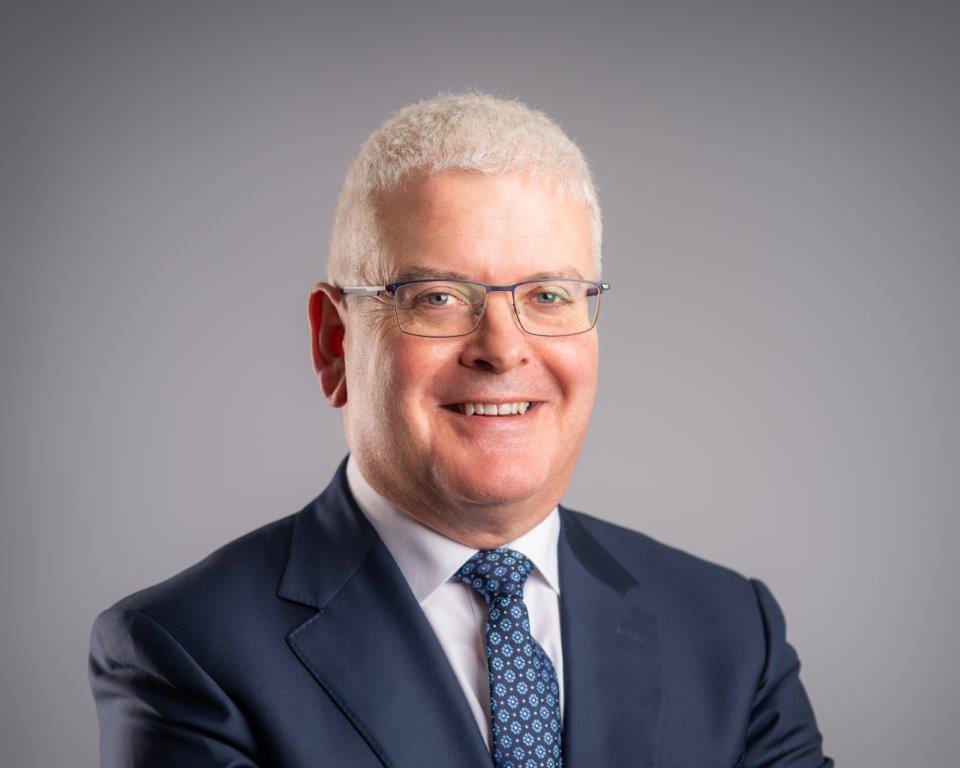We are pleased to advise that our Mr Neary has completed training as a mediator. Our Mr Tim Donnelly (Dispute Resolution Solicitor Portadown) is a trained arbitrator and a member of the Association of Chartered Arbitrators
Are you the victim of a breach of contract, poor service quality standards, failure to act competently by a solicitor, doctor, dentist, engineer, architect, plumber, electrician, builder or other professional? You have legal rights founded in contract, tort & consumer law which you can enforce.
What we do: (Dispute Resolution Solicitor Portadown)
Our specialist team can negotiate, resolve and otherwise assist. Our team includes specialist litigators and solicitors who specialise in this area. We can also bring in other colleagues who specialise in property, contracts, commercial & business matters and other related areas if and when necessary.
Mediation (Dispute Resolution Solicitor Portadown)
You may hear your medical negligence solicitor talk about a ‘breach of duty’. This simply means that, for the type of treatment you received, your care fell below the standard expected of a reasonably competent and skilful specialist. In other words that they failed to treat you in the way you could reasonably hope to be treated.
Mediation can be used to try to avoid bringing a court claim, or during a court case to try to shorten it and resolve the dispute before the court makes its decision.
Mediation helps to keep lines of communication open and encourages positive discussion. It can clarify matters, gives you control over the outcome, and is useful if you are likely to have an ongoing family or business relationship with the other party.
Mediation is relatively informal – with the help of a neutral mediator (who might be a solicitor), you and the other party try to reach a solution between yourselves.
Mediation is unlikely to work unless all parties genuinely wish to reach agreement, or if one party has little incentive to enter into the process. It is not suitable when:
- A legal decision is needed because an area of law is unclear or untested
- An injunction is needed, for example to protect a party from violence or to prevent the other party from doing something.
In divorce or family disputes, the principal aim is to reach a solution about arrangements for children, property, finances et cetera, rather than to try to get the couple back together.
What's The Difference (DISPUTE RESOLUTION SOLICITOR Portadown)
In negotiation solicitors act for their clients to broker a solution, whereas in mediation a neutral mediator works with all parties (who may each have appointed their own solicitors) to assist them to reach a solution. Mediation may be used where negotiation has reached deadlock.
Mediation and evaluation both involve the help of an independent third party but, whereas mediators help the parties to reach their own solution, evaluators consider both sides of the dispute and deliver an opinion. This can be on the likely outcome if the dispute was to be decided by a court, or on a point of law.
An adjudicator is not a mediator or facilitator but usually an industry or subject expert who is engaged to help to resolve disputes. Adjudication is often used in disputes about building projects.
An arbitrator is not a mediator but an independent third party who hears from the parties involved in a dispute and then makes a decision about how to resolve it. Arbitration is often used in commercial, international commercial and employment disputes.
Licensed to practice in both Northern Ireland and the Republic of Ireland
A vital extra dimension to all these services is that, since we are licensed to practice in both Northern Ireland and the Republic of Ireland, we are uniquely placed to advise the increasing number of businesses choosing to pursue commercial projects on both sides of the border.
Being licensed to practice in both Northern Ireland and the Republic of Ireland, we provide high-quality, all-Ireland legal services to business. Our Strategic location in the city of Portadown near the border and within easy reach of Belfast and Dublin also offers obvious advantages.
HOW CAN A SOLICITOR HELP? (DISPUTE RESOLUTION SOLICITOR Portadown)
A solicitor can provide advice about the mediation process – for instance, he or she can help you to decide if mediation is suitable for your dispute, and can refer you to a mediator. A solicitor can also provide legal advice during the mediation, and explain the options if you cannot reach a solution. In some cases, your solicitor may accompany you and speak for you during the mediation.
Some mediators are solicitors. Solicitor mediators have the benefit of both legal and mediation training, and they are highly regulated. Solicitor mediators usually specialise in commercial/civil or family mediation.
Yes: you should get confirmation from the mediator about how much mediation costs will be. If you are using mediation in a divorce or relationship breakdown, you may be eligible for public funding.
Straightforward disputes may be resolved in a single mediation session of up to three hours, but more complicated cases or those where a large amount of money is at stake can take a week or more.
Family mediations typically involve three to five sessions, each lasting 60 – 90 minutes, over a period of two to three months.
The mediator cannot impose a decision on the parties, but a civil/commercial mediated solution is binding on all parties once they have all signed the written record (which is usually prepared by the solicitors).
The solution in a family mediation has to be turned into a court order in order to be binding. This is usually done by your solicitors, with your agreement.
No. Judges expect people to attempt to resolve their case before the court hears it, and will ask you if you have done so. Mediation is conducted on a ‘without prejudice’ basis which generally means that anything discussed in the mediation cannot be referred to in court, although the parties will of course be aware of what has been revealed.
YOUR TEAM

Educated at St Colman’s College in Newry, Kevin graduated from University College Dublin in 1982 with a degree in Law (BCL).
He graduated from Queen’s University Belfast with a Certificate of Professional Legal Studies in 1984 and was admitted to the Roll of Solicitors in Northern Ireland in 1984. He was later admitted to the Roll of Solicitors in the Republic of Ireland in 1992, as well as in England and Wales in 2008. He qualified as a Solicitor Advocate in 2013. He is also a certified Mediator.
Kevin has worked at Donnelly Neary & Donnelly since he was admitted to the Roll in 1984 and has been a partner in the firm since 1988.
Kevin is a Notary Public, and is currently the President of the College of Notaries in Northern Ireland. He is also a Trusts and Estates Practitioner (TEP) of the Society of Trust and Estate Practitioners (STEP) and a member of the NI Commercial Property Lawyers Association. Kevin currently acts as Treasurer for the Irish Legal History Society and is Deputy Chair of the Statutory Committee for the Pharmaceutical Society of Northern Ireland.
Kevin has experience in all areas of practise; however, Kevin specialises in commercial property, as well as in general conveyancing, trusts and wills.

Educated at St Colman’s College in Newry, Kevin graduated from University College Dublin in 1982 with a degree in Law (BCL).
He graduated from Queen’s University Belfast with a Certificate of Professional Legal Studies in 1984 and was admitted to the Roll of Solicitors in Northern Ireland in 1984. He was later admitted to the Roll of Solicitors in the Republic of Ireland in 1992, as well as in England and Wales in 2008. He qualified as a Solicitor Advocate in 2013. He is also a certified Mediator.
Kevin has worked at Donnelly Neary & Donnelly since he was admitted to the Roll in 1984 and has been a partner in the firm since 1988.
Kevin is a Notary Public, and is currently the President of the College of Notaries in Northern Ireland. He is also a Trusts and Estates Practitioner (TEP) of the Society of Trust and Estate Practitioners (STEP) and a member of the NI Commercial Property Lawyers Association. Kevin currently acts as Treasurer for the Irish Legal History Society and is Deputy Chair of the Statutory Committee for the Pharmaceutical Society of Northern Ireland.
Kevin has experience in all areas of practise; however, Kevin specialises in commercial property, as well as in general conveyancing, trusts and wills.

Educated at St Colman’s College in Newry, Kevin graduated from University College Dublin in 1982 with a degree in Law (BCL).
He graduated from Queen’s University Belfast with a Certificate of Professional Legal Studies in 1984 and was admitted to the Roll of Solicitors in Northern Ireland in 1984. He was later admitted to the Roll of Solicitors in the Republic of Ireland in 1992, as well as in England and Wales in 2008. He qualified as a Solicitor Advocate in 2013. He is also a certified Mediator.
Kevin has worked at Donnelly Neary & Donnelly since he was admitted to the Roll in 1984 and has been a partner in the firm since 1988.
Kevin is a Notary Public, and is currently the President of the College of Notaries in Northern Ireland. He is also a Trusts and Estates Practitioner (TEP) of the Society of Trust and Estate Practitioners (STEP) and a member of the NI Commercial Property Lawyers Association. Kevin currently acts as Treasurer for the Irish Legal History Society and is Deputy Chair of the Statutory Committee for the Pharmaceutical Society of Northern Ireland.
Kevin has experience in all areas of practise; however, Kevin specialises in commercial property, as well as in general conveyancing, trusts and wills.

Educated at St Colman’s College in Newry, Kevin graduated from University College Dublin in 1982 with a degree in Law (BCL).
He graduated from Queen’s University Belfast with a Certificate of Professional Legal Studies in 1984 and was admitted to the Roll of Solicitors in Northern Ireland in 1984. He was later admitted to the Roll of Solicitors in the Republic of Ireland in 1992, as well as in England and Wales in 2008. He qualified as a Solicitor Advocate in 2013. He is also a certified Mediator.
Kevin has worked at Donnelly Neary & Donnelly since he was admitted to the Roll in 1984 and has been a partner in the firm since 1988.
Kevin is a Notary Public, and is currently the President of the College of Notaries in Northern Ireland. He is also a Trusts and Estates Practitioner (TEP) of the Society of Trust and Estate Practitioners (STEP) and a member of the NI Commercial Property Lawyers Association. Kevin currently acts as Treasurer for the Irish Legal History Society and is Deputy Chair of the Statutory Committee for the Pharmaceutical Society of Northern Ireland.
Kevin has experience in all areas of practise; however, Kevin specialises in commercial property, as well as in general conveyancing, trusts and wills.

